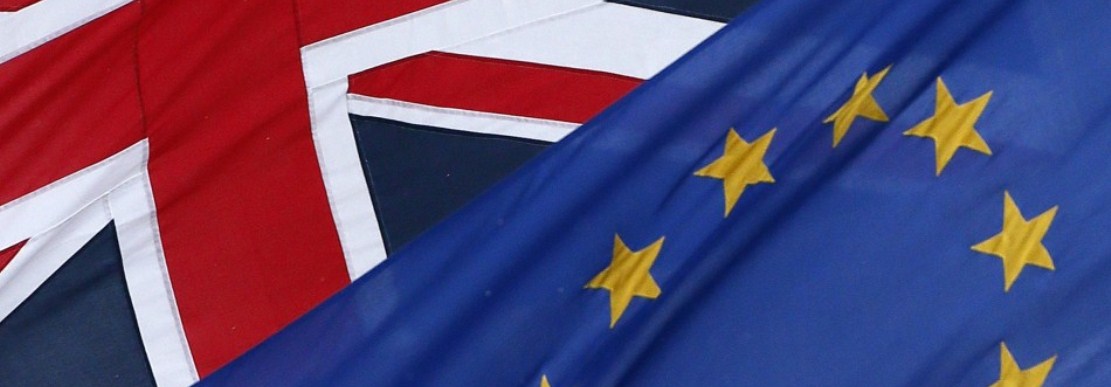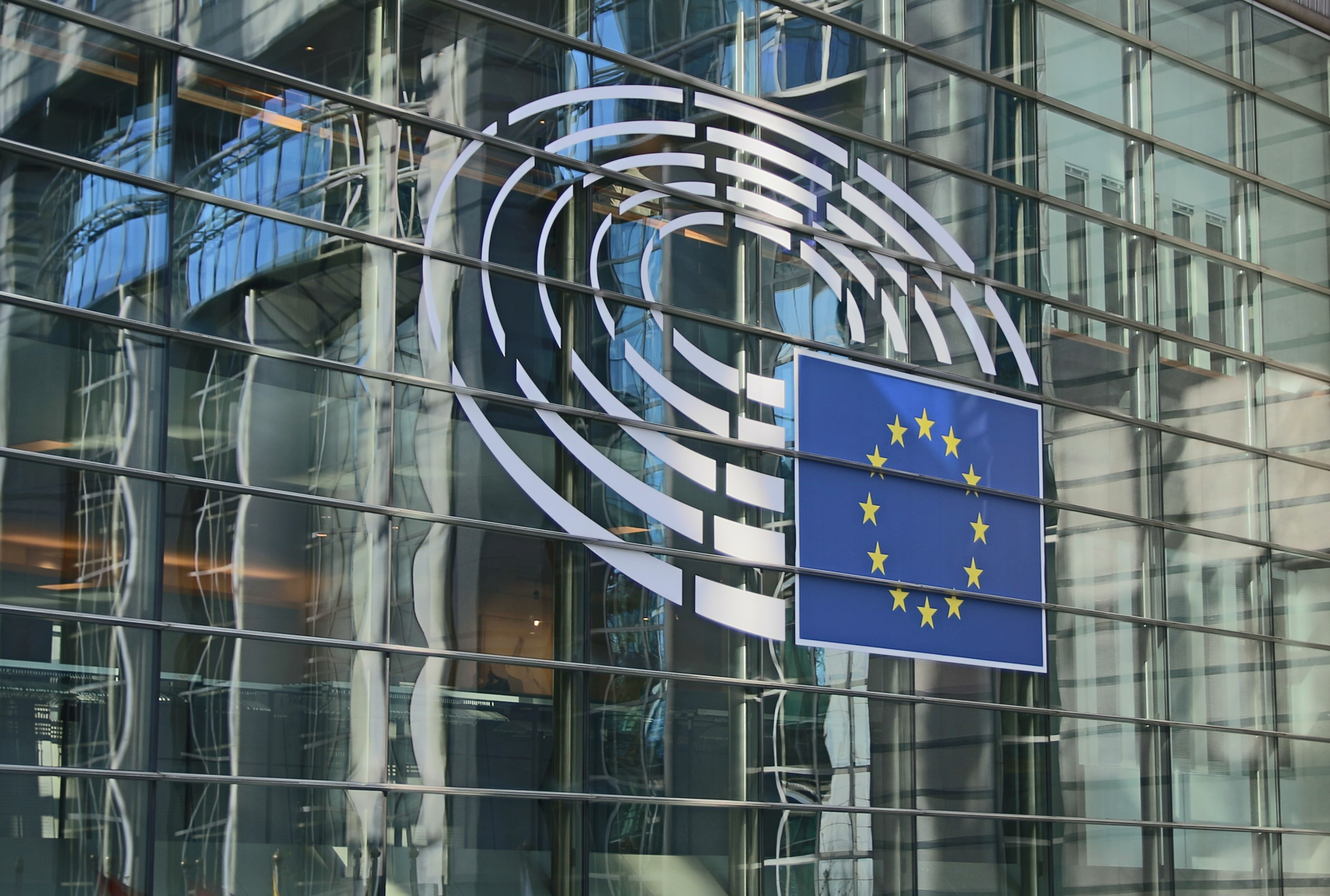By Mira Schoetens, MA EU External Relations graduate, BSIS
The European Parliament has seen its competences grow drastically over time. In the area of the EU’s Common Commercial Policy, the competences of the European Parliament used to be particularly limited. Formally, the European Commission and the Council of the EU were the only institutional actors involved in the negotiation of and decision-making on trade agreements and trade legislation.
The Lisbon Treaty marked a turning point for the European Parliament. Not only became it the co-legislator in trade policy alongside the Council of the EU, but it also formalised its role in trade agreements which had been of an informal nature since the 1964 Luns and the 1973 Westerterp Procedures enabling the European Parliament to present its views before the launch or conclusion of association agreements and to be informed about trade agreements before its conclusion.
Concretely, the treaty enabled the European Parliament to become a formal (de jure) actor during the negotiations and conclusion stages of trade agreements. Its right to be informed throughout the negotiation process allocated it a monitoring role (Article 218(10) TFEU), while its power of consent (Article 218(6)(a) TFEU) essentially gave the European Parliament the de facto right to veto a trade agreement.
In light of this, one would assume that the European Parliament’s role as an actor ends with its ‘hard powers’ granted by the Treaties. However, considering actorness theory and the concept of ‘parliamentary assertion’, its formal trade powers pave the European Parliament’s way to shape trade agreements informally through “soft power” procedures and strategies such as resolutions, public hearings, oral and written questions employed throughout all stages needed to conclude an agreement. The acceptance of such informal practices may be explained through the strategic value that the parliament‘s consent holds for the other actors involved. As such, both the formal and informal trade powers constitute the European Parliament’s actorness in trade agreement negotiations.
In practical terms, the negotiations over the EU-Canada Comprehensive Economic Trade Agreement (CETA) demonstrated the European Parliament’s actorness and capacity to establish itself as an autonomous, albeit not central, actor during the negotiation process. It engaged in a wide variety of informal procedures to expand its formal trade powers by adopting resolutions, building knowledge independently from the European Commission through studies, and directly engaging with Canadian governmental and parliamentary stakeholders. It was able to gain the recognition, both de jure and de facto, of the European Commission, Canada, and partially the Council of the EU. Certainly, the European Parliament was not completely devoid of internal divergence on whether to consent to CETA, nonetheless, it voted favourably and took a legitimate decision to approve the agreement.
We may not know how the European Parliament will evolve indefinitely, but it has become evident that the European Parliament establishes itself as a distinctive actor during trade agreement negotiations by using its formal trade powers (‘hard power’), its information right and power to consent, as the basis for asserting itself further by employing informal procedures and strategies (‘soft power’). Therefore, one can expect that its activism and involvement will continue and deepen further. It is safe to say that while to date it may not be on a par with the Council in trade agreement negotiations, it has become an actor who has come out from the shadows, moving closer to the centre stage.
This blog post is based on Mira Schoetens’ MA dissertation entitled: “At centre stage or in the background? – The European Parliament as an actor in trade agreement negotiations: A Case Study on CETA”.
Blog posts express the opinion of the author and do not necessarily reflect the view of the Global Europe Centre or its affiliates.

